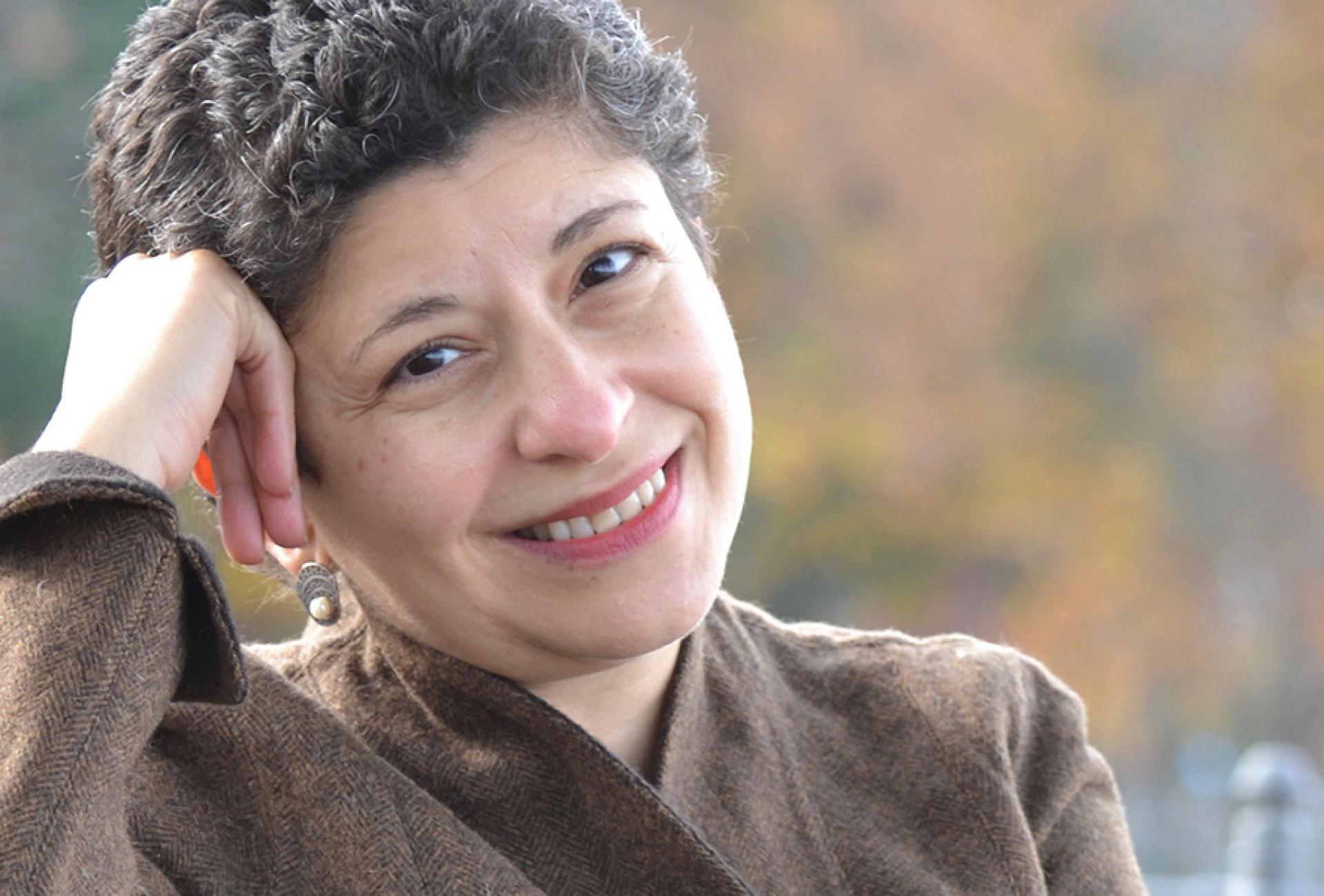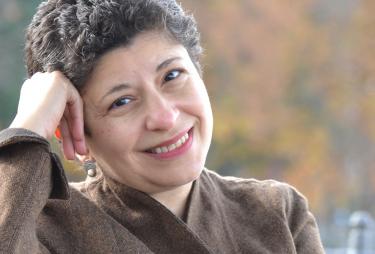A fighter for cooperation with and between religious


In the shadow of the covid-19 pandemic, religious actors must cooperate regardless of their faith. This is what Professor Azza Karam, newly appointed Secretary-General of Religions for Peace and one of the keynote speakers, says when the SMC – Faith in Development gathersfor annual membership days in February .
If religious actors cannot lead the way and set an example, how can we expect it from governments and multinationals? She asks rhetorically when we call her back for an interview.
Azza Karam does not shy away from the fact that cooperation is difficult and demanding. The one if anyone should know. For 20 years, Azza Karam was tasked with increasing the UN’sunderstanding, appreciation and cooperation with religious actors. In this work, she faced many prejudices around faith-based organizations and believers.
Weakened states put a lot of pressure on civil society cooperation
The most important lesson she brings from that time is that the states of the world are weaker than ever — both politically, socially, economically and culturally.
“This means that the role of civil society is more necessary than ever, because many governments are not up to the task,” says Azza Karam.
She has seen the legitimacy of governments questioned. This happens when they do not reach out to the inhabitants of their countries with, for example, access to work, health care and schools. All governments need the support of both civil society and industry. At the same time, many states are in deep financial debt to private companies.
“It’s a dangerous trend,” says Azza Karam, who argues that weak governments that forge alliances with profit-driven interests are a recipe for further marginalization and exploitation. It is not a recipe for social cohesion and inclusion.
So for me, the role of civil society is not only about providing the service that governments do not provide, but also about defending and nurturing the principles of human rights and democracy that we are convinced make us human. Principles that make us safe and help us protect our climate.
Important building cooperation between religious and secular
At the same time, she describes civil society as disabled. Before the covid-19 pandemic, the great discussion was about the danger of shrinking civic space. But with the pandemic, authoritarian regimes and profit-driven interests have been given a real boost. Part of the problem is that accountability of governments is flawed and power is concentrated in violent groups and drug cartels. But there are other reasons as well. Azza Karam emphasises that both secular civil society and religious society live and thrive.
“All too rarely do these two cooperate at national or global level. I see great value in strengthening the ability of religious organisations to be a better partner of secular civil society organisations. But I also see the great value religious actors can bring. If we can build bridges between these two, we will have a much stronger civil society in the future.
Sustained work to increase UN cooperation with religious
After 20 years at the UN, she has succeeded in changing the UN’s view of religious actors. But when she recently got the chance to return to Religions for Peace, she took it in order to be able to focus entirely on her heart issue: to create collaborations.
“In the future, I want us to work against gang violence in Latin America, and with issues related to indigenous peoples and slavery. These are areas where Religions for Peace must do something. Because therein are the deepest wounds of many people today,” says Azza Karam.
Hear Azza Karam at SMC’s membership days
Don’t miss Professor Azza Karam’s participation in SMC Network Inspirational Day on February 3 — part of SMC’s membership days 2021. Then she gives a lecture entitled “Religions and Agenda 2030- The Multi-Religious Imperative”.
